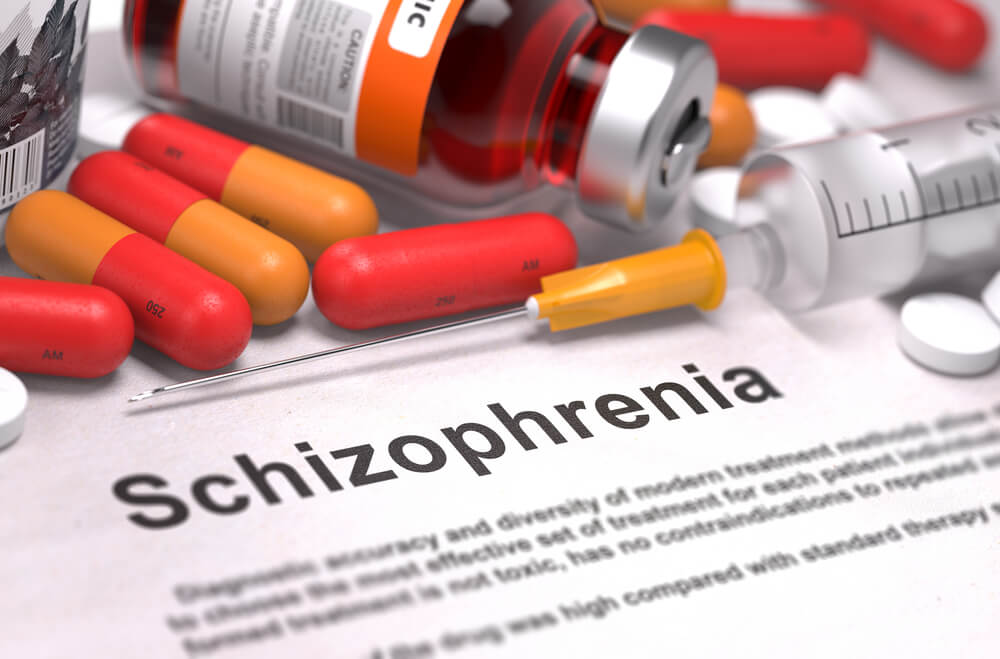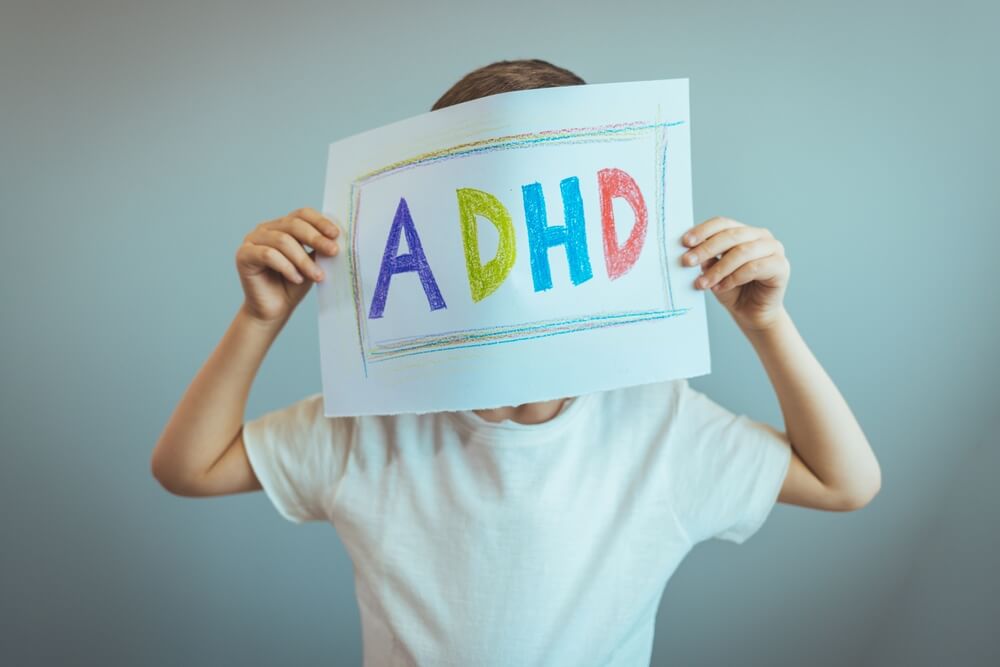
Schizophrenia is a serious mental health disorder. It changes the way a person normally thinks, feels, and behaves. It can make someone seem out of touch with reality. So, ultimately causes many challenges in every part of life. With the right diagnosis, treatment, and support, many people can manage their symptoms and live full and meaningful lives.
The condition usually begins in late teenage years or early adulthood, most often between ages 16 and 30. Men tend to show symptoms earlier than women. It can appear suddenly, but usually develops slowly.
Men are usually diagnosed in their early 20s, while women with schizophrenia are usually diagnosed in their late 20s or sometimes in their early 30s.
Schizophrenia does not appear because of poor parenting. Nor the weak character or lack of willpower in a person, the cause... It is a medical illness with biological roots. It needs proper treatment, just like diabetes or heart disease.
Doctors often group symptoms into three main domains: positive, negative, and cognitive. Knowing these groups makes it easier to understand the disorder.
| Positive | Negative | Cognitive | |
| Description | Additions to normal experience. Extra behaviors or perceptions not usually present | Loss of normal abilities. Reduction or absence of typical behaviors and emotions | Problems with thinking and memory. Difficulty with mental processes needed for daily functioning |
| Symptoms / Examples | Hallucinations: hearing or seeing things that aren’t real
Delusions: false beliefs like being followed or having special powers Disorganized thinking: jumping topics, using made-up words Abnormal motor behavior: restlessness, unusual movements |
Reduced emotional expression (flat affect)
Loss of interest in daily activities Social withdrawal Difficulty starting or maintaining activities Reduced ability to feel pleasure Speaking very little |
Trouble focusing or paying attention
Problems with working memory Impaired executive functioning (decision making, using information) Trouble organizing thoughts or completing tasks |
There is a wide variation in the presentation of symptoms from individual to individual. Some might experience more hallucinations and delusions. While others may experience more of a problem with motivation and emotional flatness.
Symptoms also may come and go over time. Sometimes a patient shows acute symptoms of schizophrenia followed by a duration of somewhat relative stability.
Left untreated, schizophrenia can cause severe disability. It can cause inability to work or attend school, social isolation, homelessness, and a high likelihood of suicide in severe cases.
According to experts, schizophrenia is caused by a complex interaction between genetic, biological, and environmental factors. Usually, there is not just one cause that contributes to the development of the condition.
Schizophrenia can be hereditary. Genetics is an important risk factor. If you have a close relative with schizophrenia, you're at even greater risk. The disease is familial, and heritability estimates are about 41% to 87%.
However, it is also the case that many people with schizophrenia do not have a family history of the disorder. And also that most people with a family history of schizophrenia never develop it.
Brain imaging studies have shown some differentiation in the brain structure of people with Schizophrenia. The prefrontal cortex and temporal lobes often show reduced volume. Ventricular enlargement appears in some cases.
Imbalances in neurotransmitters, especially dopamine and glutamate, are also evident. It contributes to positive symptoms of Schizophrenia.
A number of environmental risk factors have been described:
Most experts suggest that certain environmental stresses can be a cause. If a person with a genetic susceptibility is exposed to them, it triggers their schizophrenic episodes.
This explains why not everyone who has risk factors develops the disorder. It also explains why some people with no obvious risk factors develop the disorder..
Schizophrenia usually advances in stages. There are three main phases:
| Phase | Description | Common Signs/Symptoms |
| Prodromal Phase | The early stage lasts months or years before full symptoms appear. | → Social withdrawal
→ Declining work or school performance → Increased suspiciousness → Difficulty concentrating → Sleep disturbances → Mild perceptual disturbances |
| Active (Acute) Phase | Stage where positive symptoms are most prominent. Reality is significantly affected, often requiring intensive treatment. | → Hallucinations
→ Delusions → Severe loss of touch with reality |
| Residual Phase | Follows the acute phase. Some symptoms improve, but negative symptoms may persist. (at a lower intensity) | → Low motivation
→ Emotional flatness → Lingering mild symptoms from the acute phase |
While schizophrenia usually first starts in young adulthood, the early warning signs are usually subtle and easily dismissed. If you or someone you love has these symptoms of Schizophrenia, you should consider getting a professional evaluation:
→ Becoming isolated from friends and family for no reason.
→ Marked decrease in personal hygiene or self-care.
→ Unusual or strange beliefs which are not diminished by reassurance.
→ Seeing or hearing things that others don't!
→ Speech; becoming more and more difficult to understand.
→ Abnormal and excessive sensitivity to stimuli, such as noises or lights.
→ Thought control: Belief that thoughts are being manipulated by external forces
→ Strange or inappropriate behaviour towards other people.
These symptoms are a marked difference from a person's previous level of functioning. They cannot be accounted as a use of a substance or an alternative medical condition.
Schizophrenia is a lifelong condition. But it is definitely not a life sentence of disability!
With regular treatment, many people can manage their symptoms and lead productive lives. Some have just one or two psychotic episodes in their lifetime and recover completely between each episode. Others have symptoms that come and go and can be controlled with continuous treatment.
Factors related to improved outcomes are:
Without treatment, however, schizophrenia usually progresses over time with increasing disability, broken relationships, unemployment, homelessness, and, tragically, suicide.
Treating schizophrenia is not only important; it can be life-saving since around 5-6% of patients with schizophrenia die by suicide.
Schizophrenia is a chronic psychotic illness. It is far too complex and serious to manage without expert guidance.
Self-diagnosis and self-treatment of schizophrenia are not only ineffective but potentially dangerous.
An experienced and qualified psychiatrist can:
→ Correctly identify schizophrenia and the phase of the disorder.
→ Prescribe antipsychotic medication and do required medication management.
→ Adjust therapy according to changing symptoms with time.
→ Prevent relapse with maintenance treatment.
→ Understand and treat coexisting conditions.
→ Provide families with education and guidance.
→ Link patients to community resources to help them get a better life!
At Health and Psychiatry, we recognize that receiving a schizophrenia diagnosis is overwhelming to patients and families. And we recognize that with appropriate care, the quality of life of the patient can be upgraded!.
Schizophrenia is not a failure of personality or lack of willpower. It is a debilitating illness of the brain that has neurobiological causes. Although it is a very difficult condition, it is not one that cannot be treated.
If you or a close relative is showing signs of schizophrenia, seeking professional advice is an important place to start. Early intervention can make a big difference to long-term outcomes.
At Health and Psychiatry, with the expert direction of Dr. Sajan Dinar, we focus on the correct treatment and diagnosis of schizophrenia and other important mental health issues.
Our practice integrates medical treatments that are evidence-based with caring, individualized therapy that respects the unique process of the individual. We're here to help you or someone you care about through the journey from diagnosis through treatment and ultimately to recovery because schizophrenia should never get in the way of a rich life.



Copyright © 2024 Health & Psychiatry, All rights reserved